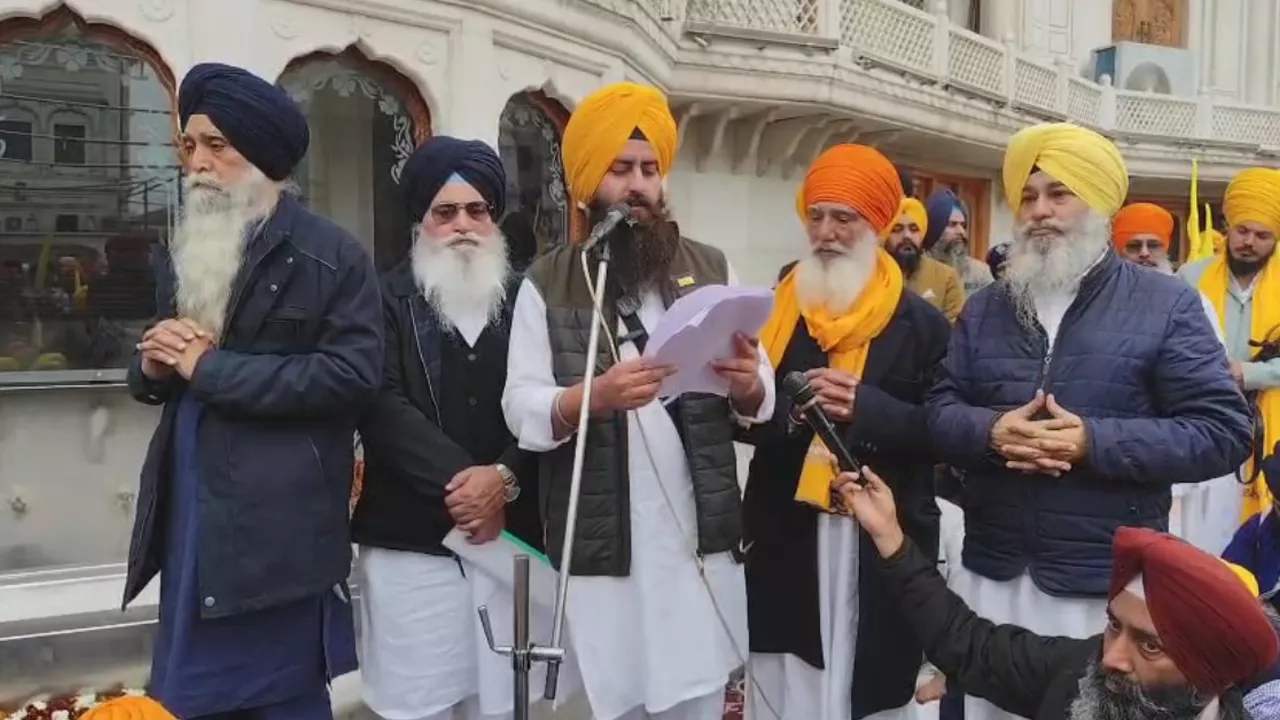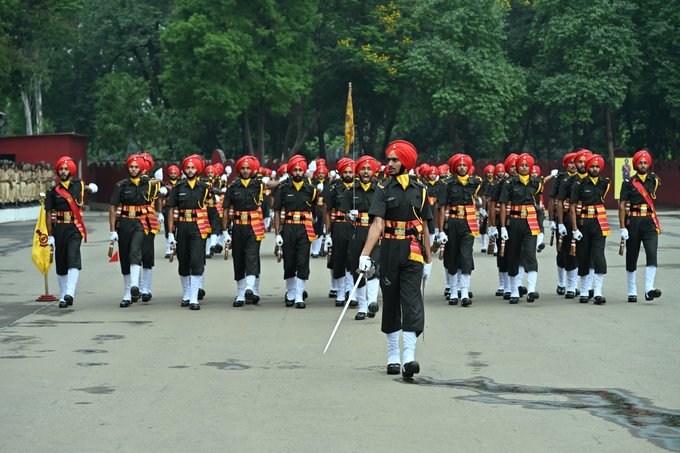Indian Finance Minister Nirmala Sitharaman announced sweeping Goods and Services Tax (GST) rate cuts effective 22 Sep. The GST revamp brings a majority of items in the 5% and 18% slab. Items like tobacco-related products and luxury cars are now added to the 40% 'sin tax' slab. These changes were long due. In fact, when contrary to any nation in the world, India introduced 5 slabs for GST in 2017, critics and opposition called for changes. In the last nine years there have been 56 GST meetings which have mostly moved items from one slab to another. With these changes, India is now in parity with the rest of the world where either one standard or two slabs apply. The GST reform has taken place after the US President Donald Trump levied a 50% tariff on Indian exports. However, the reason the Trump administration levied the tariff was India’s oil imports from Russia and deemed support to Russia in the Russo-Ukraine war. However, petroleum remains exempt from GST and is left to the states to tax. Panjab is likely to see at least a 20% decline in its GST collections. Panjab Finance Minister Harpal Singh Cheema welcomed the reduction in GST rates as a relief for consumers, but emphasised that the union government must compensate the states for the resulting revenue loss. 'When GST was introduced in 2017, all states supported it on the condition that the union government would compensate them for any revenue loss until their economies stabilized. The economies of the states are still not stable, and the latest rate cuts will have a further impact on them.' Meanwhile, the 80th session of the United Nations General Assembly will open on 9 Sep. The high-level General Debate will run from 23-29 Sep when Trump will address world leaders on opening day. According to a revised provisional list of speakers, the Indian Prime Minister will not address; India will likely be represented by Minister of External Affairs Subrahmanyam Jaishankar (earlier coverage).


Like what you're reading? Subscribe to our top stories.
Liv Forum provides a digest of analysis on major issues facing Indian (East) Panjab and Sikhs globally.
In accordance with our Privacy Policy, we will never share or sell the information of our subscribers.






